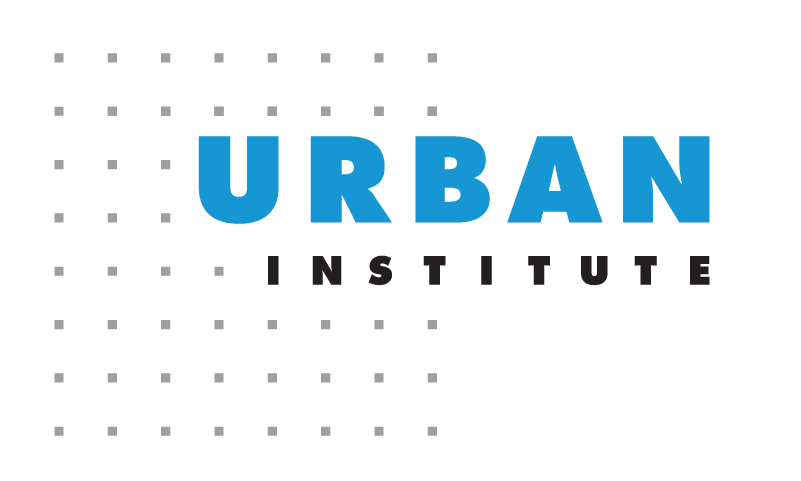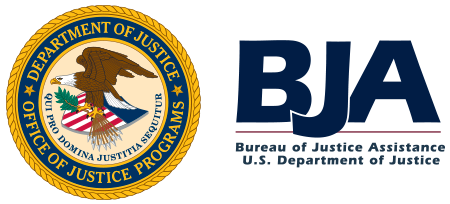Acknowledgments
Table of Contents
This report was supported by Grant No. 2019-ZB-BX-K004, awarded by the Bureau of Justice Assistance. We are grateful to them and to all our funders, who make it possible for Urban to advance its mission.
The views expressed are those of the authors and should not be attributed to the Urban Institute, its trustees, or its funders. Funders do not determine research findings or the insights and recommendations of Urban experts. Further information on the Urban Institute’s funding principles is available at urban.org/fundingprinciples.
The authors would also like to thank our colleagues Samantha Harvell, Robin Olsen, and Genevieve Citrin Ray for their invaluable support during this research, Janeen Buck-Willison for her technical review of this report, and Zach VeShancey for his copyediting assistance. We also wish to thank the many stakeholders who spoke with us to share their experiences and perspectives, and the JRI technical assistance providers for sharing their expertise with us.
The Bureau of Justice Assistance is a component of the Department of Justice’s Office of Justice Programs, which also includes the Bureau of Justice Statistics, the National Institute of Justice, the Office of Juvenile Justice and Delinquency Prevention, the Office for Victims of Crime, and the SMART Office. Points of view or opinions in this document are those of the authors and do not necessarily represent the official position or policies of the US Department of Justice.
Authors
Leah Sakala
Ammar Khalid
Constance Hull
Rebecca Wong

The nonprofit Urban Institute is a leading research organization dedicated to developing evidence-based insights that improve people’s lives and strengthen communities. For 50 years, Urban has been the trusted source for rigorous analysis of complex social and economic issues; strategic advice to policymakers, philanthropists, and practitioners; and new, promising ideas that expand opportunities for all. Our work inspires effective decisions that advance fairness and enhance the well-being of people and places.

BJA strengthens the Nation’s criminal justice system and helps America’s state, local, and tribal jurisdictions reduce and prevent crime, reduce recidivism, and promote a fair and safe criminal justice system. BJA focuses its programmatic and policy efforts on providing a wide range of resources, including training and technical assistance, to law enforcement, courts, corrections, treatment, reentry, justice information sharing, and community-based partners to address chronic and emerging criminal justice challenges nationwide. To learn more about BJA, visit https://bja.ojp.gov, or follow us on Facebook (https://www.facebook.com/DOJBJA/) and Twitter (@DOJBJA). BJA is part of the Department of Justice’s Office of Justice Programs.
Statement of Independence
The Urban Institute strives to meet the highest standards of integrity and quality in its research and analyses and in the evidence-based policy recommendations offered by its researchers and experts. We believe that operating consistent with the values of independence, rigor, and transparency is essential to maintaining those standards. As an organization, the Urban Institute does not take positions on issues, but it does empower and support its experts in sharing their own evidence-based views and policy recommendations that have been shaped by scholarship. Funders do not determine our research findings or the insights and recommendations of our experts. Urban scholars and experts are expected to be objective and follow the evidence wherever it may lead.
